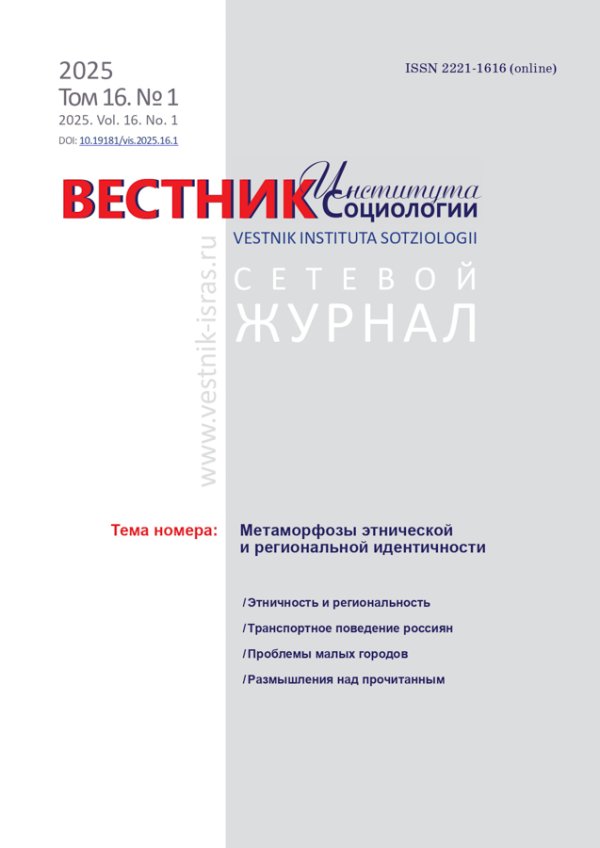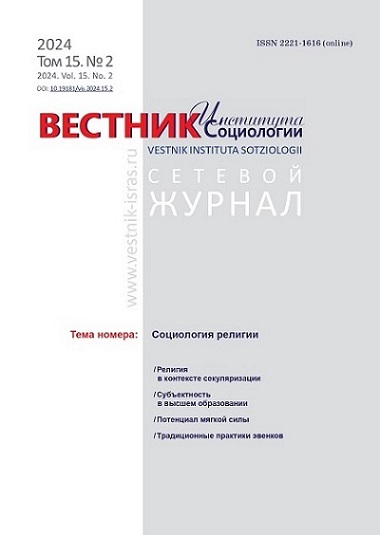В статье обозначены основные проблемы теории и практики сбора эмпирических данных, на основании которых можно выстраивать объективные суждения об уровне религиозности населения и его конфессиональном составе. Рассмотрены преимущества и недостатки социологического опроса, данных переписей населения, официальных данных, предоставляемых религиозными организациями, как источников такого рода сведений.
В качестве примера выбрана Евангелическая лютеранская церковь Дании (ЕЛЦД). Она рассматривается автором как конструктивный пример мажоритарной религиозной организации, отражающей в динамике нескольких десятилетий количественные данные о численности адептов и степени активности их религиозно обусловленного поведения, в региональном аспекте - количественные данные об абсолютной и относительной численности участников религиозных обрядов, о регистрации рождения, брака и смерти и т. п. Сведения о количестве крещений, конфирмаций, венчаний, отпеваний приводятся на уровне отдельных диоцезов церковно-административных единиц районного уровня. На основании полученных результатов фиксируются территориальные различия в уровне религиозности жителей Дании. Минимальные показатели характеризуют столичный регион с высокой долей мигрантов – представителей нетрадиционных культур в структуре населения. Одновременно с этим, высокая степень религиозной активности адептов ЕЛЦД отличает удаленные от административного центра территории материковой Дании (Виборг, Ольборг, Рибе).
Результаты анализа исходных данных, касающихся общего числа и доли крещений, конфирмаций, церковных браков и погребальных обрядов, совершенных в ЕЛЦД в динамике последних лет, подтверждают общие секулярные тенденции, характерные для населения западноевропейских и североевропейских, в первую очередь традиционно протестантских стран. Официальные статистические базы религиозных организаций, фиксирующих как членство в них, так и факты участия в религиозных таинствах и обрядах, позиционируются как наиболее репрезентативный источник исходной информации для решения проблемы выявления конфессиональной структуры населения и определения уровня его религиозности. Рассмотренный пример сбора и обработки информации эффективен, но на национальном и региональном уровнях реализуется лишь в случаях, когда модель религиозно-государственных взаимоотношений предоставляет соответствующие инструменты.
 8-12
8-12


 13-27
13-27


 28-45
28-45


 46-60
46-60


 61-80
61-80


 81-97
81-97


 98-114
98-114


 115-131
115-131


 132-150
132-150


 151-173
151-173


 174-189
174-189


 190-201
190-201












